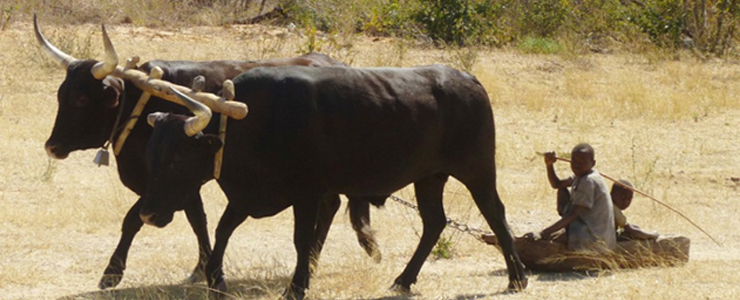Researchers from 13 African Countries will meet the experts of the IZSAM
Molecular epidemiology, big data analysis, metagenomics, massive parallel sequencing, are just some of the work and research fields, the IZSAM is carrying out to perform all its tasks with an innovative research approaches, so that, it can also rewrite the state of biology, both of health and/or disease. All the bacteria have been the main source of diseases for long time, nevertheless, we know that our animals and us have also made of bacteria (the “Microbiome”) and their composition deeply influence our main functions in some different external or internal areas of our body ( such as skin and gut). For instance, the composition of our intestinal Microbiome affects our ability to digest and absorb the nutrient intake and also conditions the development ability of pathogenic microorganisms, responsible for enteric diseases. The molecular knowledge of the microbial ecosystems give us the opportunity to exploit some particular viral agents, which are natural predators of bacteria, to stem the growth of pathogens in foods without using toxic agents or antibiotics. Therefore, an innovative approach will allow to prevent the onset of antibiotic resistance phenomenon, progressively increasing.
In order to extend and enhance these innovative research courses and to exploit the advantages of applying the results on the field of diagnosis and prevention of infectious diseases, this week some of the most important researchers coming from the main research centers in several African Countries will meet in Teramo at IZSAM, for two days of heavy work. The IZSAM itself has been cooperating with these Countries for several years, already getting some important scientific results.
The IZSAM twenty-year collaboration with these African Countries has always been a great opportunity to improve and stretch out all its scientific skills in a future context, where some diseases are not in our Country at the moment yet, but they may introduce by some vectors as insects. The knowledge of these diseases is the main premise to prevent and avoid their spreading out, both in humans and animals species. Protecting public health in African Countries, also means, protecting the health and economy of the European Countries as well, because the Mediterranean basin could be considered as a sole environment. At the same time, the health security and animal welfare, also ensuring inert proteins for the domestic market, are also responsible of the economic growth, because they are the fondant condition for exporting animal origin food towards foreign markets, including Europe.
The IZSAM, already collaborating with these important researchers of African Country partners is developing a series of information systems, which will allow all the Countries to manage the number of the animals, their movements in that area and the results of the examinations performed by veterinarian systems, in real time, in order to get a creation of a knowledge platform, which will be necessary to those programs, controlling animal health and so reaching a food safety certification.
February 27, 2017
© IZSAM March 2017
|
|
Istituto Zooprofilattico Sperimentale
dell'Abruzzo e del Molise "G. Caporale"
Campo Boario | 64100 TERAMO | ITALIA
Telefono 0039.0861.3321 | Fax 0039.0861.332251
e-mail: archivioeprotocollo@izs.it
Posta elettronica certificata: protocollo@pec.izs.it
Partita IVA: 00060330677
Codice Fiscale: 80006470670


